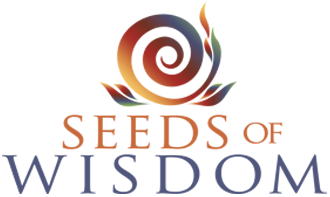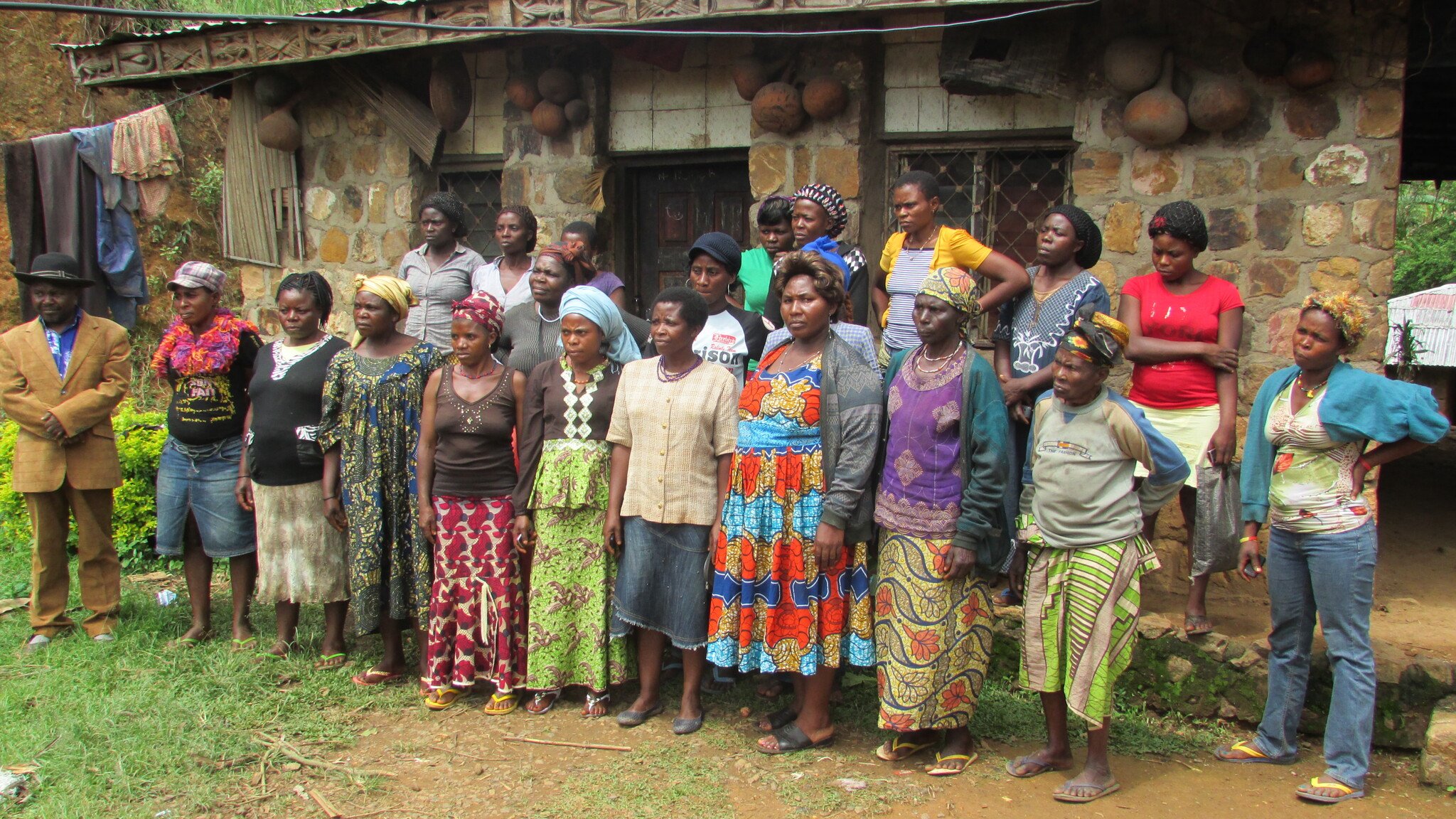This project is about the promotion of a Kom people’s cultural practice of bee farming in ways that promote conservation, thereby facilitating a sustainable farming system with the benefits of income generation to the project beneficiaries. The preservation of cultural wisdom, the conservation and protection of nature, and livelihood improvement through a basic bee farming system are the key points of this project. There is much to be learned from the past reflections and practice of those activities and then Passing On the Practice (POP) to future generations.
In collaboration with project beneficiaries, we proposed the use of traditional grass-thatched bee hive technologies, to plant an apiary, train and empower project beneficiaries to manage the apiary together with their individual bee farming initiatives, and then to cooperatively harvest apiary honey. Each beneficiary’s honey produce serves as membership holding contributions to the joint efforts. The joint honey produced is sold and income accrued benefits all members. Decisions on resources are made democratically by the cooperative group.
This project is based on the cooperative principle of “Each for All, and All for Each.” Starting from the Njang community, the project will replicate to other Kom villages so that wisdom of the past transcends to future generations. The cooperative project aims to build on the past knowledge system of bee farming and transferring the practices to future generations.
Activities of the project:
A) Preventive COVID-19 health support activities:
- Njang community education on Water Sanitation Hygiene (WASH)
- Purchase and place hygiene wash kits at points in the community
- Purchase and provide hygiene and COVID-19 preventive kits to project beneficiaries
B) Core project activities:
- Hold project planning meetings
- Plant bee flower friendly trees in the apiary
- Training on bee farming—hive, apiary, and equipment management
- Training on honey harvesting and processing
- Training on cooperatives enterprise leadership and documentation
- Fence and fire trace the apiary land area
- Purchase and supply/place 20 traditional beehives in the apiary
- Purchase and supply 18 traditional hives for each beneficiary’s farm in community locations
- Purchase and supply bee farming/harvesting equipment to the cooperative group
- Purchase and supply bee farming/harvesting equipment to the beneficiaries
- Quarterly supervision and monitoring
- Mid-term report and dissemination
- Final report and dissemination
Project beneficiaries are 18 women and men, age 18 to 65 years. They are all Kom village people of Takari origin, most of the women are either widows or single mothers with at least three children. An average woman in the project area gives birth to six children.
Family and community livelihoods are improved through a resource base of a bee farmer’s cooperative. The Njang community will have access to and promote traditionally focused bee farming cooperation that seeks profitable markets to promote the sales of bee products for its members. Land degradation is checked by reducing pressure on individual farm family holdings by increasing bee farmers in the community. Also, nature protection is promoted through the planting of tree species that produce quality flowers for bee nectar, Additionally, wild bush fires are controlled through fire tracing of the apiary land and its surroundings.
A bee farmer’s cooperative is a viable community institution that has come to stay with its resulting benefits to its members and the improvement of the community welfare and status. Cultural bee farming technologies are activated and practiced with community added value.
The emergence of the COVID-19 pandemic social distancing requirements advocate that people should stay at home, therefore, less person-human investment oriented farming systems are the best alternatives to be practiced by local people. The project is timely to provide Water Sanitation Hygiene (WASH) education to the project community, with the provision of basic hygiene kits to beneficiaries.
With the hilly topography of the project area, causing loss of top fertile soils to rainy water erosion, coupled with increased population pressure of farm family dependent households, this project will activate a viable bee farming alternative for poor farmers.
The Njang community is one of the Kom communities in the Belo Boyo division, of the North West Region of Cameroon; the region is one of the two marginalized English speaking regions of Cameroon. Marginalized peoples rely on their ancestral wisdom, traditions, and technologies for sustainable livelihoods, which is the main purpose of the project.
Cultural revival and promotion are concerns to the universal survival and sustainability of Indigenous populations’ livelihoods worldwide. This project is critical for a sustainable world view. Indigenous people the world over need attention and care. While promoting ancestral wisdom of Cameroon through bee farming, our success means acting locally and contributing to global development goals.
The project will contribute to achieving the United Nations Sustainable Development Goals (SDG).
- SDG 3: Good health and well-being
- SDG 6: Clean water and sanitation
- SDG 10: Reduced Inequalities
- SDG 13: Climate action
- SDG 15: Life on land
- SDG 16: Peace, justice, and strong institutions
- SDG 17: Partnerships for global goals




